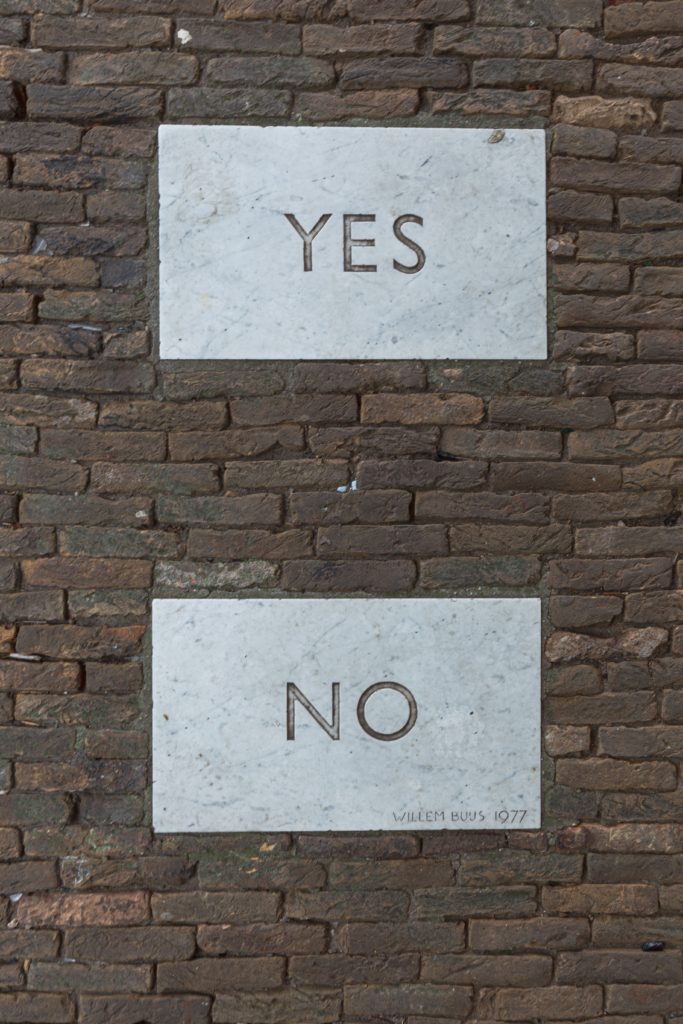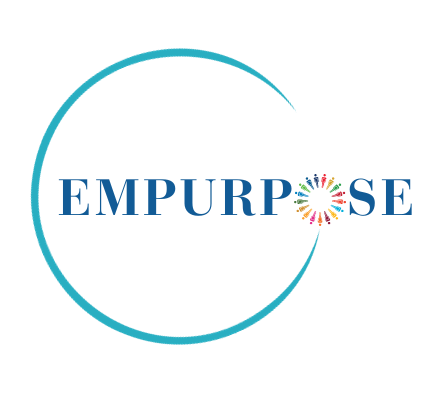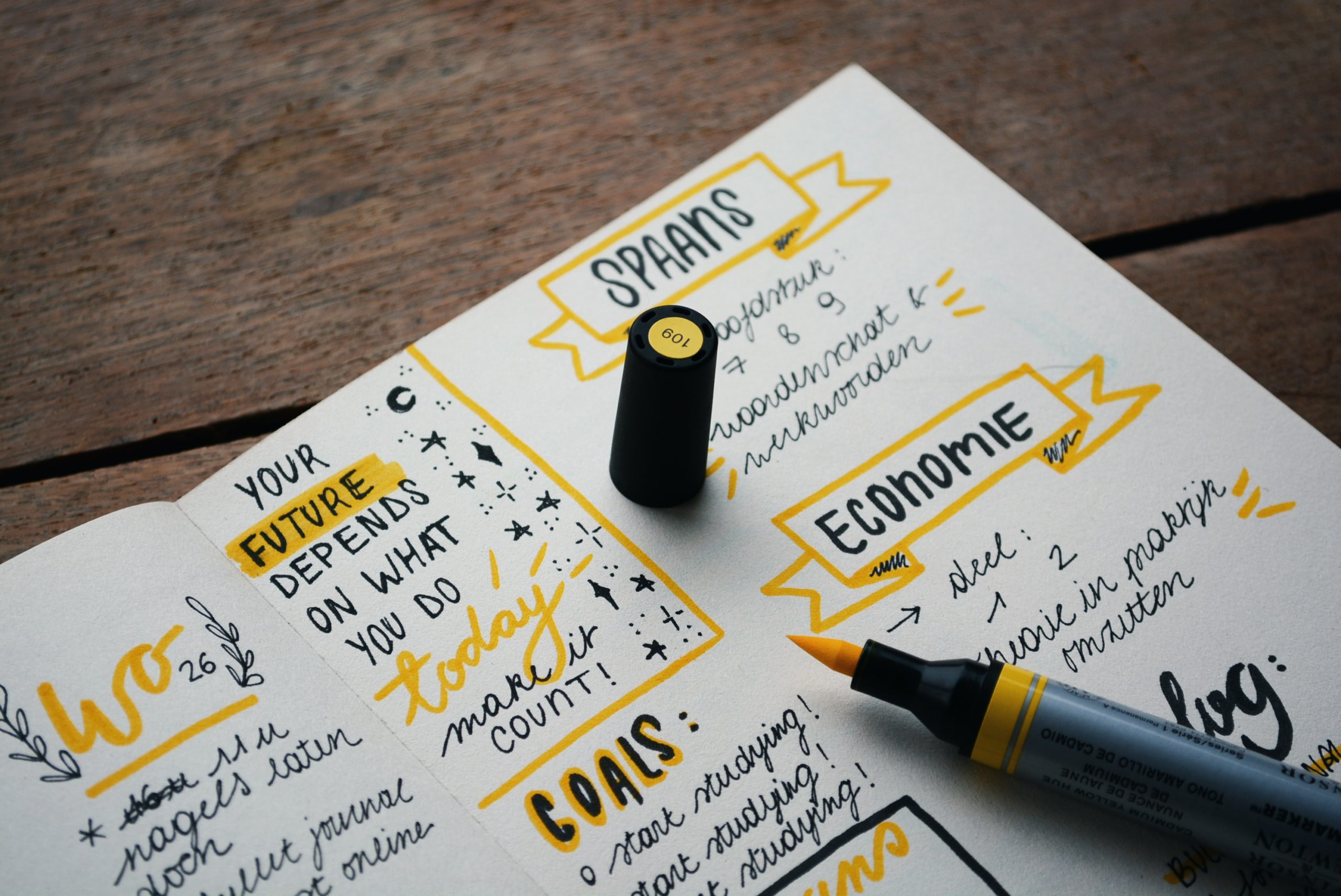MIND newsletter: Empowering vs enabling
Happy Saturday everyone! 😉
1. M (Challenge your mindset)
A reoccurring discussion I have this week is around “making an impact”.
My question for you: If I see a homeless, in your opinion, should I give them money?
This could be the hardest question on Earth.
We all have good intent to help others. It’s human instinct. But what would alert us when our well-meaning impulses start to perpetuate rather than solve a problem?
Some of my colleagues who work on the frontline with vulnerable communities often have a hard time drawing the boundaries and cultivating a long-term and healthy impact. When fighting for social equality and justice, how do we know what we are doing, at that time in that situation falls into the right spot on the enabling–empowering spectrum?
Enabling isn’t entirely bad, nor empowering entirely good. But we need to keep our guard up that the action we take is not to pamper our conscience, pat ourselves on the back “nice, you are a good person” and then ignore bigger opportunities for us to make an impact. The same goes for our behavior in a working environment. In your role, are you enabling or empowering others?

2. I (I’m my own coach)
Though ethics is always hard, an ethical decision-making framework could be a good tool to direct our chain of thoughts.
Check this resource for a full framework: A Framework for Ethical Decision Making – Markkula Center for Applied Ethics (scu.edu)
Back in my country, very often we see homeless kids on the street. And in many cases, they are actually modern slaves of local criminal gangs. If you give the kid money, it will eventually feed gang members and the vicious cycle of child slavery. But if you don’t, the kid might be punished for not bringing enough money back home that evening. What should be done then?
Identify the Ethical Issues
Could this decision or situation be damaging to someone or to some group, or unevenly beneficial to people? Does this decision involve a choice between a good and bad alternative, or perhaps between two “goods” or between two “bads”?
If we are trying to choose between giving the money or not, we are likely trying to choose between two “bads” and no matter what we choose, our action will damage the kid and benefit the gangs.
Get the Facts
Think about that situation a bit deeper, do I even know enough to make a decision? Can I learn more about what’s going on in that hidden world the kid is living? Are there any local organizations that know more about it and that I can consult with?
Evaluate Alternative Actions
Do I have other options? Maybe I should talk to the kid to understand the situation. Or maybe I should talk to local social services and let them know about the kid. Maybe they will have information about the kid and the family. Or maybe not.
“Evaluate the options by asking the following questions:
Which option best respects the rights of all who have a stake? (The Rights Lens)
Which option treats people fairly, giving them each what they are due? (The Justice Lens)
Which option will produce the most good and do the least harm for as many stakeholders as possible? (The Utilitarian Lens)
Which option best serves the community as a whole, not just some members? (The Common Good Lens)
Which option leads me to act as the sort of person I want to be? (The Virtue Lens)
Which option appropriately takes into account the relationships, concerns, and feelings of all stakeholders? (The Care Ethics Lens)”
I don’t actually have the answer of what best to do in this case, nor did I go this far in similar situations in the past. But the exercise and the conversations with frontline workers this week challenge me to be more conscious of my actions. Living an intentional life is never easy, isn’t it?
4. D (Do)
What you do makes a difference, and you have to decide what kind of difference you want to make
Jane Goodall Tweet
Decide it intentionally.



